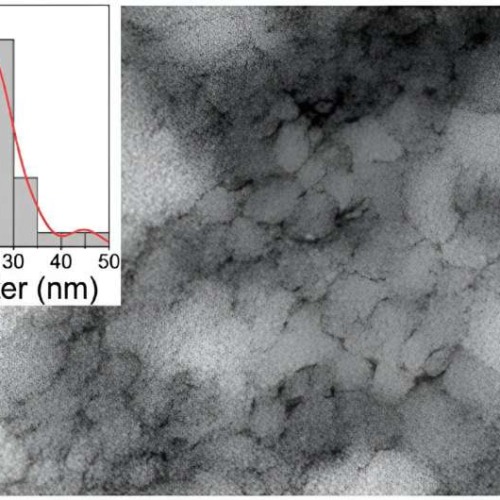MAY 16, 2024 by Bielefeld University An electron transmission micrograph from the study shows the problematic peptide 33-mer DGP with spiky structures that can open the intestinal barrier. Credit: Bielefeld University Today is International Celiac Day. Celiac disease is a chronic autoimmune condition that occurs in around 1% of the world’s population. It is triggered...
Tag: <span>Gluten</span>
Gluten- and casein-free diets found not to affect behavior of autistic children
UNIVERSITY OF GRANADA A study by researchers from the Department of Psychiatry at the University of Granada (UGR) has analysed the effects of a gluten-free diet and a casein-free diet (that is, one with no milk protein) on the behavior of children diagnosed with autism-spectrum disorders. A study by researchers from the Department of Psychiatry...
Effects of a Gluten-Free Diet on the Gut Microbiota
By Dr. Maho Yokoyama, Ph.D.Reviewed by Michael Greenwood, M.Sc. Why a Gluten Free Diet? Gluten is a protein found in grains such as wheat, barley, and rye, and is comprised of gliadins. For some people, eating foods that contain gluten can cause digestive problems due to gluten-related disorders. Gluten-related disorders can range from mild to severe in symptoms, and include celiac disease...
A biomarker for diagnosing celiac disease in people on a gluten-free diet
by University of the Basque Country Celiac disease is a complex condition, routinely treated by means of a strict gluten-free diet. One of the diagnostic challenges of this disease is that patients need to be consuming gluten so that a correct diagnosis by means of endoscopy can be made. Yet nowadays there are more and more...
32 Percent Of Gluten-Free Restaurant Food Contain Gluten: Study
A new study has found that about 32 percent of restaurants serving gluten-free menu may be untrue to the promise, making people with celiac disease vulnerable. The study reported that there is still a higher chance of being served with gluten food even when the menu indicates it is gluten-free. Eating Out Can Be Dangerous...
New study suggests it may be fructan, not gluten, that is upsetting people’s stomachs
(Phys.org)—A team of researchers with several members from the University of Oslo in Norway and one with Monash University in Australia has found that the familiar bloating many people experience after eating foods containing wheat may be due to sensitivity to fructan, not gluten, as is commonly believed. In their paper published in the...


